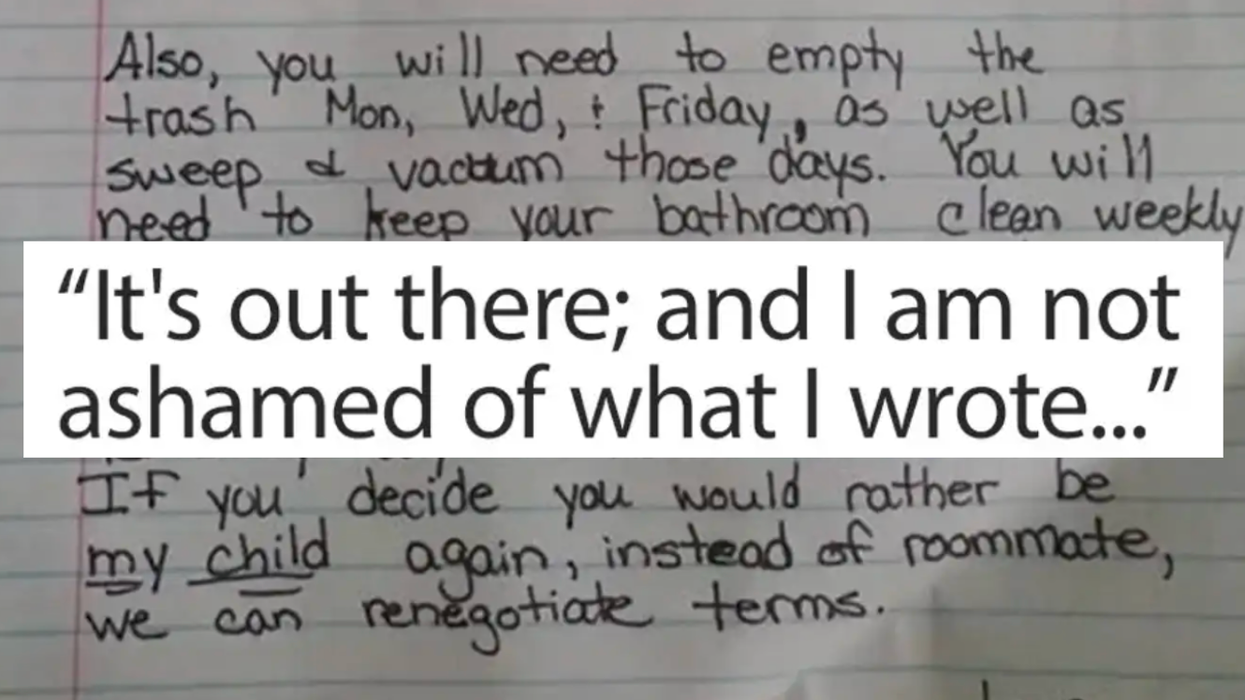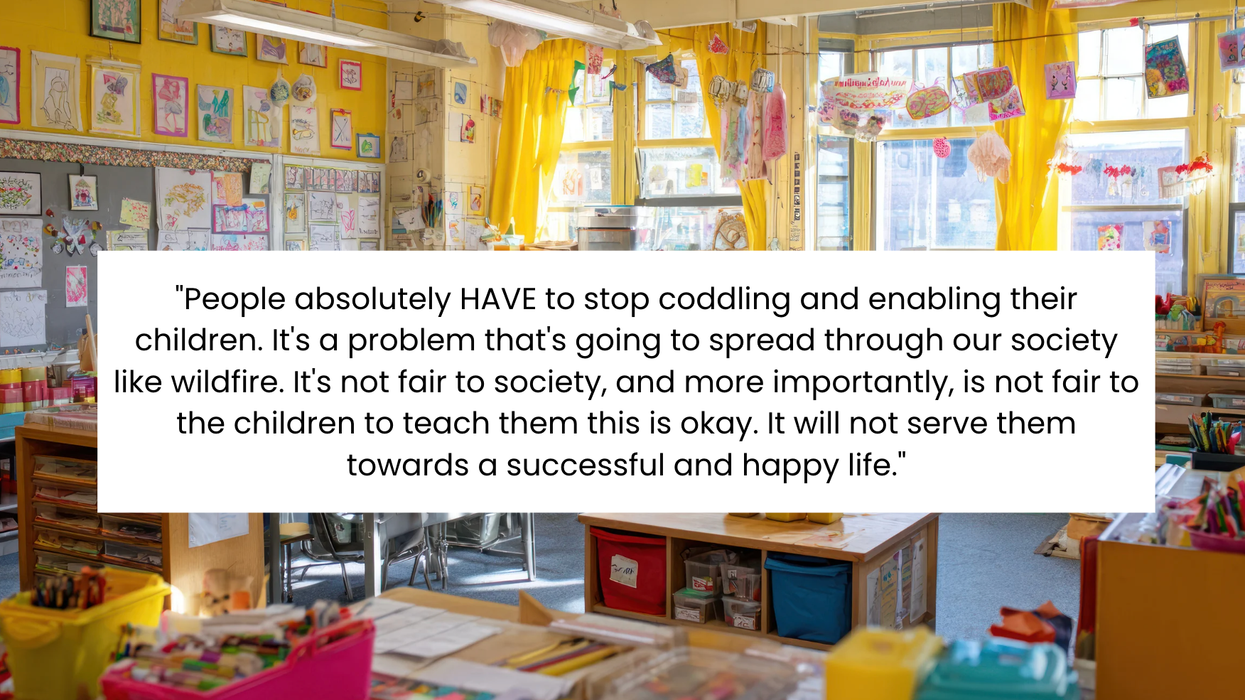This is a question being raised in Uganda right now, where close to a million schoolkids are literally starving, and where the teachers' union is saying it's up to the government to sort it out.This is a touchy issue, as anyone not feeding their children is likely not doing so because they don't want to feed their children, but because they can't. In Uganda, the situation is particularly problematic because, as OXFAM warms, there's a national food shortage that's predicted to afflict lots more people in the coming months, kids included obviously.The Ugandan education minister said to the Guardian that "it is up to the parents and the communities to mobilize. These households are not too poor to provide breakfast, because you see the men in the evenings drinking beer." Well, there's that, maybe, but the problem appears to be bigger than beer. (And if that is the main problem, then that should probably be addressed too.)The Guardian has a good piece up about this. They point to a poll they did last month aking how the African Medical and Research Foundation should allocate its funds. School meals were the popular favorite by quite a bit. If Amref were to tackle this issue, it sounds like their approach would be smart. Instead of handouts, they would use the money to focus on education and possibly farming food at schools themselves-theoretically a more long-term and sustainable option.(Perhaps some of the money Gates committed last week to helping the world's poorest farmers could help. Some of that money is going to help connect farmers to schools, though so far it looks like the money going to Uganda, in partnership with Grameen, seems to be committed more to helping farmers by networking them via cellphones.)It's pretty cool that the solutions being proposed are ones that would stick around, at least in theory, once the handouts went away. I'm curious to know how they'd get a long-term buy-in for this, though. With proper education, and help setting up school farms, and trained farmers, and community buy-in, it could work. But that's like, four of what would eventually be many more steps, all of which would have to be executed thoughtfully and carefully to work.Anyone else got a bright idea?Photo (CC) by Flickr user Bartimaus
Search
Latest Stories
Start your day right!
Get latest updates and insights delivered to your inbox.
We have a small favor to ask of you
Facebook is critical to our success and we could use your help. It will only take a few clicks on your device. But it would mean the world to us.
Here’s the link . Once there, hit the Follow button. Hit the Follow button again and choose Favorites. That’s it!
The Latest
Most Popular
Sign Up for
The Daily GOOD!
Get our free newsletter delivered to your inbox
















 Otis knew before they did.
Otis knew before they did.